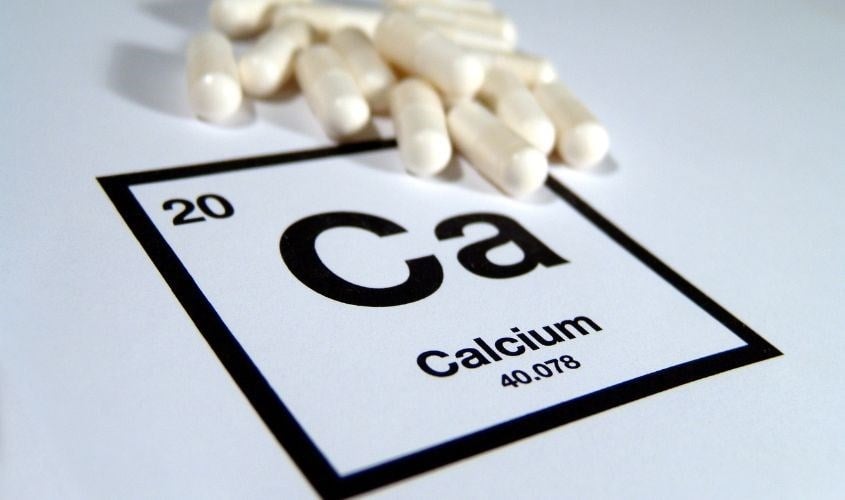The perimenopause and menopause stages can be a challenging time for women, with a host of symptoms and side effects that can impact their quality of life. This “chaotic phase” is characterized by a decline in estrogen levels, irregular menstrual cycles, and noticeable signs of aging. It is crucial for women to proactively take care of their health to prevent premature aging and protect their well-being.
Unfortunately, many women are unsure how to properly care for themselves during this time, leaving them vulnerable to accelerated aging and long-term health issues. Here are some of the concerning health risks that middle-aged women may face and the recommended essential nutrients to combat them:
1. Middle-aged women may face these three concerning health risks:
Weight Gain and Chronic Illness: As women enter middle age, their metabolism tends to slow down, making it difficult to avoid weight gain. If left uncontrolled, this excess weight can lead to obesity, high blood pressure, cardiovascular issues, and diabetes.

Bone and Joint Health Decline: Women naturally have lower bone density than men, and the decrease in estrogen during middle age accelerates bone loss. This puts them at a higher risk of osteoporosis, bone fractures, and joint problems.
Menopause Symptoms: Around the age of 50, women may experience physiological changes such as irregular periods, insomnia, and mood swings. These are signs of perimenopause or menopause. If left unmanaged, this stage can lead to prolonged issues like depression, significantly impacting physical and mental health.
Solution: To navigate these changes, middle-aged women should focus on adjusting their diet and ensuring sufficient nutrient intake. This effective strategy helps slow down aging, improve overall health, and maintain a good quality of life.
2. Gynecologists Recommend: Middle-aged Women Should Immediately Supplement with These Four Essential Nutrients, Without Delay
As women enter middle age, their bodies undergo significant changes, both physically and hormonally. To slow down aging and protect their health, experts advise promptly supplementing with the following four critical nutrients:
1. Calcium – Fight Osteoporosis and Maintain a Youthful Figure: Middle-aged women tend to lose calcium rapidly, increasing the risk of osteoporosis, bone fractures, and reduced mobility. Proper calcium supplementation not only strengthens bones but also contributes to slower aging.
Calcium can be obtained from dairy products, eggs, fish, shrimp, or supplements, as advised by your doctor.

2. Estrogen – Balance Hormones and Alleviate Menopause Symptoms: The decline in estrogen during middle age is the primary cause of hot flashes, insomnia, irregular periods, and depression. Timely estrogen supplementation helps women navigate menopause more smoothly and lowers the risk of bone, joint, and cardiovascular issues.
Phytoestrogen-rich foods like soy, eggplant, seeds, and nuts, or functional foods, are ideal for supporting hormonal balance.
3. Folic Acid – Reduce the Risk of Cerebrovascular Accidents: Folic acid is crucial not only during pregnancy but also for middle-aged women. Research shows that a deficiency increases the risk of cerebral infarction in older adults.
Folic acid can be found in dark, leafy greens, fruits like kiwis, strawberries, and cherries, soy products, or supplements, as advised by professionals.
4. Vitamin B Complex – Boost Nervous System and Improve Sleep: Vitamin B plays a vital role in regulating nerve function and supporting sleep. During middle age, as hormones fluctuate, women may experience stress, insomnia, and fatigue. Vitamin B supplementation helps calm the nervous system and improve mood effectively.
Vitamin B-rich foods include whole grains, liver, eggs, dairy, and dairy products.
Advice: The body begins to age after 30. Therefore, don’t wait until you see health decline signs to focus on nutrition. Taking care of your body early on is the key to maintaining a youthful appearance and long-term health beyond middle age.
































